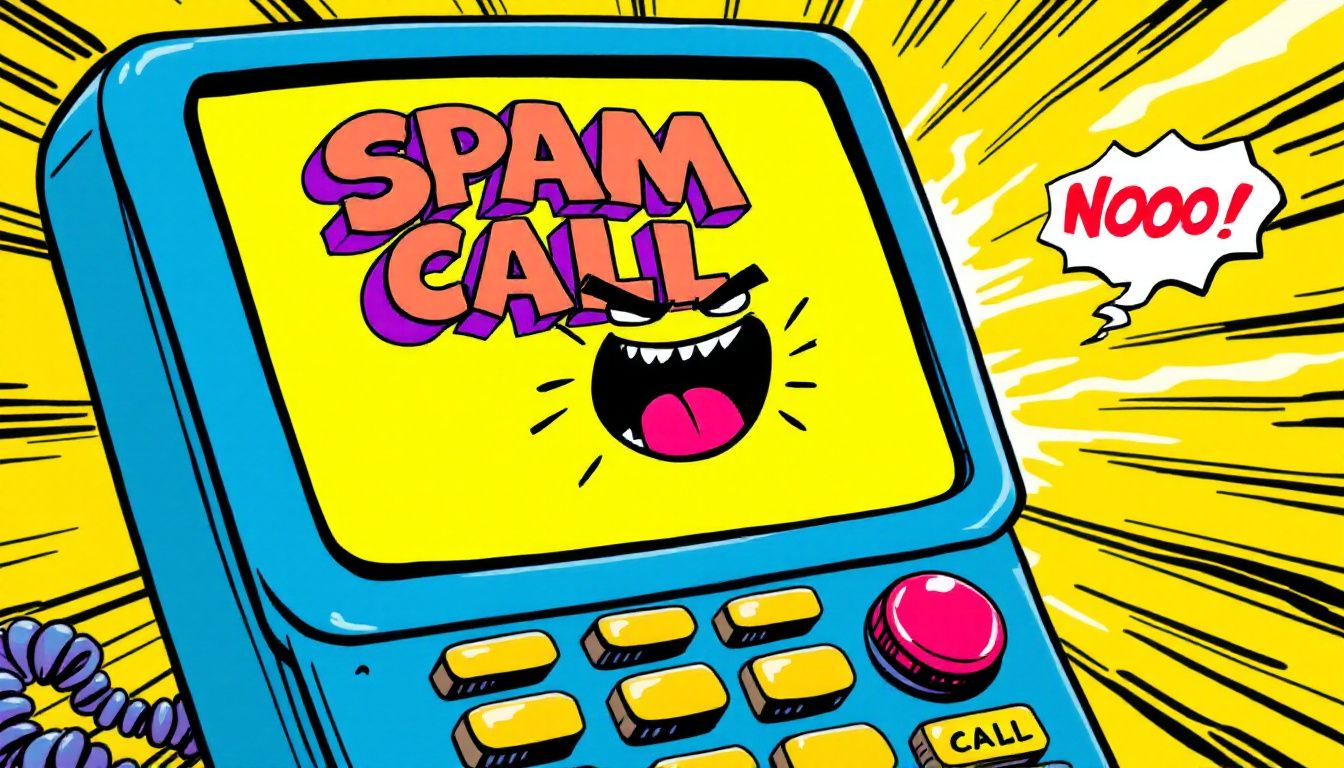Tired of constant spam calls from Area Code 320? Area code 320 covers central Minnesota, and unfortunately, it has become a popular area code for spammers and telemarketers to call. In the sections below, we’ll help you recognize and block these annoying calls, and give you tips on how to protect yourself from potential fraud.
About Area Code 320
Area code 320 covers a large part of central Minnesota, including the cities of St. Cloud and Alexandria. It’s an important area code for daily life, as it’s used to make everything from appointment reminders to important notifications.
Calls from area code 320 can be from a variety of sources. Many businesses, utility companies, and government agencies use this area code to call residents for a range of reasons. You may get calls from your dentist’s office to remind you of an upcoming appointment, or your electricity company to notify you of a pending outage.
While most calls from area code 320 are legitimate, some may be from telemarketers or scammers. While some scammers are more obvious, others can be very convincing. Knowing what type of calls you typically get from area code 320 – such as customer service calls, school notifications, or hospital calls – can help you recognize when a call is likely legitimate.
What Types of Calls do I Typically Get from Area Code 320?
Area code 320 calls can be from a variety of sources. Many businesses use this area code to establish a local presence in their community. A call from a 320 number might be your favorite restaurant calling to confirm your reservation, or a local boutique calling to let you know your new dress is arriving.
Customer service lines are also often prefixed with area code 320. These calls are usually legitimate and important, as they’re used to help with issues with your bank, internet, or other services. Area codes are how our advanced system knows to route calls from specific regions to the correct area.
Unfortunately, scamsters also use area code 320 to make fake calls from “government” agencies or well-known companies. They may claim to be from Social Security, the FBI, or Microsoft, and try to convince you to give them personal information or send money. Knowing what types of calls to be wary of can help you avoid falling victim to scams.
How to Tell if Area Code 320 Calls are Spam
Many area code 320 spam calls are from telemarketers, robocalls, and scams. While some are from legitimate businesses, many more are not. Here are a few characteristics of spam calls to look out for:
One of the most common scammer tactics is a high-pressure sales pitch. They’ll tell you you’re special and that you have to act now, or that you’ve been selected for a super-deal. They might also claim they have your favorite operator on hold, and that you need to give them credit card information to “verify” your account.
Robocalls that start with a recorded message are also suspicious. These calls are often fake, and can be very convincing. They may play music and have a live person pick up if you press a number or say “yes” to a prompt. We recommend not answering calls from unknown numbers, and hanging up immediately if they ring and a robot asks you to hold for a live person or give security information.
How to Tell if Calls are Legitimate
Before you give any information over the phone, you must always verify the call. This is the best way to avoid scams and ensure you’re only helping legitimate callers.
A simple way to verify calls is to check your caller ID and do a reverse phone search using our online database. You can also contact the business or government agency the supposed caller is from, and ask if they’re calling residents in your area.
No matter who is calling, never give payment information to someone who cold-called you. This is a sure sign of a scam. Legitimate callers will never ask you to pay by gift card or wire transfer. Always err on the side of caution and verify before making any payments.
What are Some Red Flags to Watch For?

Knowing what red flags are during a call can help protect you from scams. Scammers often use fake promises of prizes, low prices, and “free” trips to get your attention. They may also claim you owe money on a jury duty/insurance/sweepstakes scam.
Any call that demands immediate payment or information is likely a scam. These calls are often very pushy and try to make you feel like you’ll go to jail if you don’t comply. Another sign of a scam is a “transfer” to a “supervisor” who can help you. Hang up – it’s a scam. So is giving payment info for a “free” trial or discount. Always remember: if a call is loud and pushy, it’s probably a scam.
No matter who is calling, never give personal information over the phone. Scammers are very good at telling stories to get you to trust them. Remember: if a call is suspicious, it’s always better to err on the side of caution and not give out any information.
How to Block Spam Calls
There are several ways to block and report spam calls. Many phone providers offer blocking options that can filter out spam calls before they ring to your phone.
You can also register your number with the National Do Not Call Registry to block telemarketing calls. There are also many mobile apps you can download that can help identify and block spam calls. We offer a free app that can help block unwanted calls, too.
If you get hassled by an annoying spam call, here’s what you can do:
- Record the caller’s number.
- Report it to the FCC so they can take further action.
- File a complaint with the FTC if you think the call violated the National Do Not Call Registry.
- Contact your state Attorney General’s office or local authorities to help them investigate and stop the scam.
How to Use Apps to Block Spam Calls
There are many apps you can use to block spam calls on your mobile device. Call Control is a simple app that can block spam and robocalls, and uses community-generated blacklists to help stop calls before they ring to your phone. Truecaller is another app that can identify unknown callers and block numbers based on community reports. You can also set up custom block lists by digit, phrase, or keyword.
Alternatively, use Municorn’s Second Phone App to protect your real number and use of the numbers provided by the app to mask your location and stay private and protected from the scammers.
Using these tools can help reduce the number of spam calls you get, and protect your privacy.
What to Do if You’ve Been Scammed
If you were scammed, it’s important to act quickly to prevent further loss and help authorities catch the scammers. First, do not send any more money if you realize you were scammed. This is the easiest way to lose even more money to scammers.
Get all your documents and information organized, and set them aside in a safe place. This will help you quickly and easily file a report with the authorities and seek help from lawyers or financial advisors if needed.
Filing a report with the proper authorities can also help stop these scammers and protect others. Sharing your story and the details of the scam helps federal agencies track and prosecute fraud.
Conclusion
To sum it all up, dealing with area code 320 spam calls involves knowing what types of calls to expect, recognizing spam tactics, and being cautious and verifying calls. Technology can also help block unwanted calls, and knowing what red flags to watch for can help protect you from scams.
By being cautious and using the tools and tips in this guide, you can protect yourself and your privacy from harmful scammers. Take back control of your phone calls and your life – empower yourself with knowledge!

![v2-nexhg-06q4u[1]](https://freshnumber.com/wp-content/uploads/2024/12/v2-nexhg-06q4u1.jpg)




